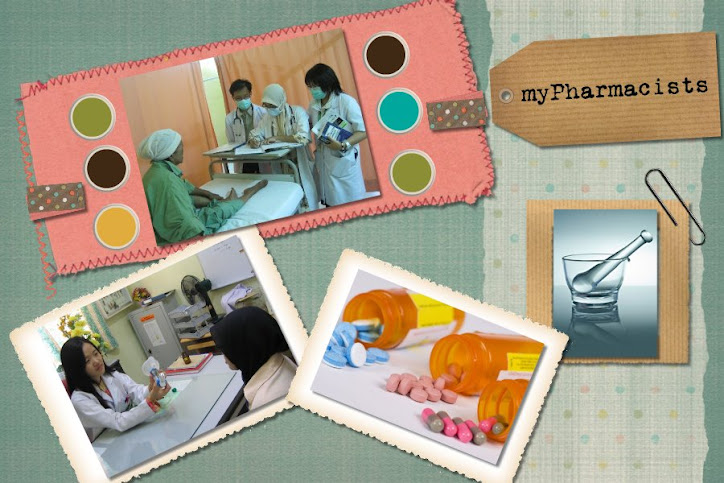Snoep JD, Hovens MMC, Pasha SM, et al. Time Depedent Effects of Low-Dose Aspirin on plasma renin activity, aldosterone, cortisol and catecholamine.Hypertension 2009; 54: 1136.
"This prospective trial documents a significant administration time-dependent effect of low-dose ASA on BP in untreated hypertensive patients. The timed administration of low-dose ASA could provide a valuable approach, beyond the secondary prevention of cardiovascular disease, in the added BP control of patients with mild essential hypertension. "
Hermida RC, Ayala DE, Calvo C, et al. Aspirin Administered at Bedtime, But Not on Awakening, Has an Effect on Ambulatory Blood Pressure in Hypertensive Patients. Journal of the American College of Cardiology. 2005; 46: 975-83
& you may check out these 2 sites more for information :
Commentary from Yip HL et al, based on a reply from Kriszbacher I et al on the possible of aspirin for stroke prevention taken in the evening? http://stroke.ahajournals.
Snoep JD et al. Time Depedent Effects of Low-Dose Aspirin on plasma renin activity, aldosterone, cortisol and catecholamine.Hypertension 2009; 54: 1136. & Commentary from Black HR on this article,published in Medscape Cardiology: Available online http://www.medscape.com/viewarticle/716196



